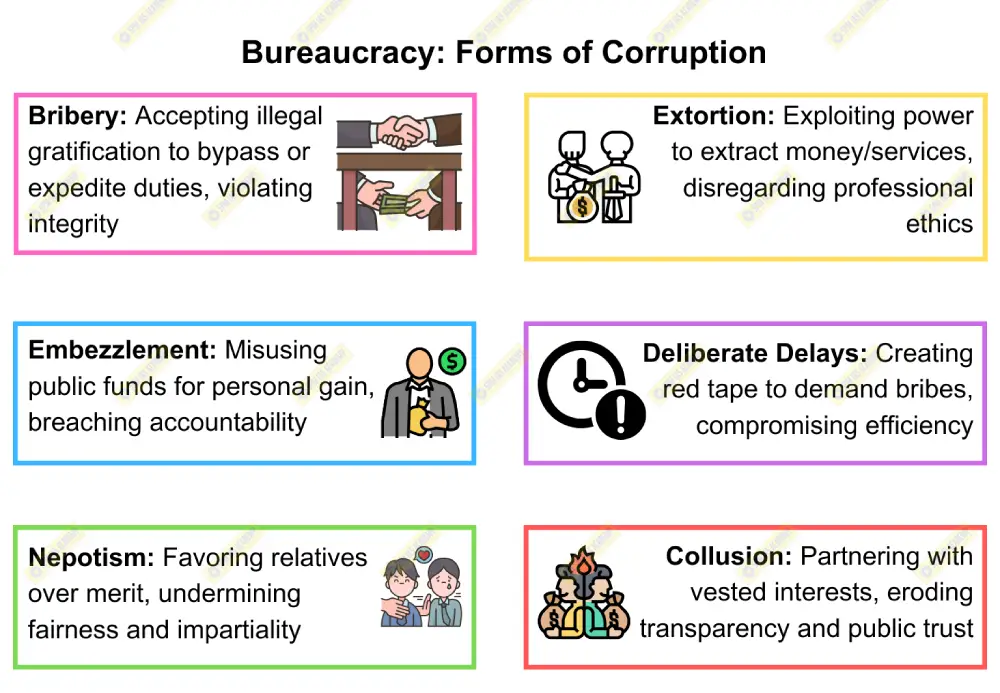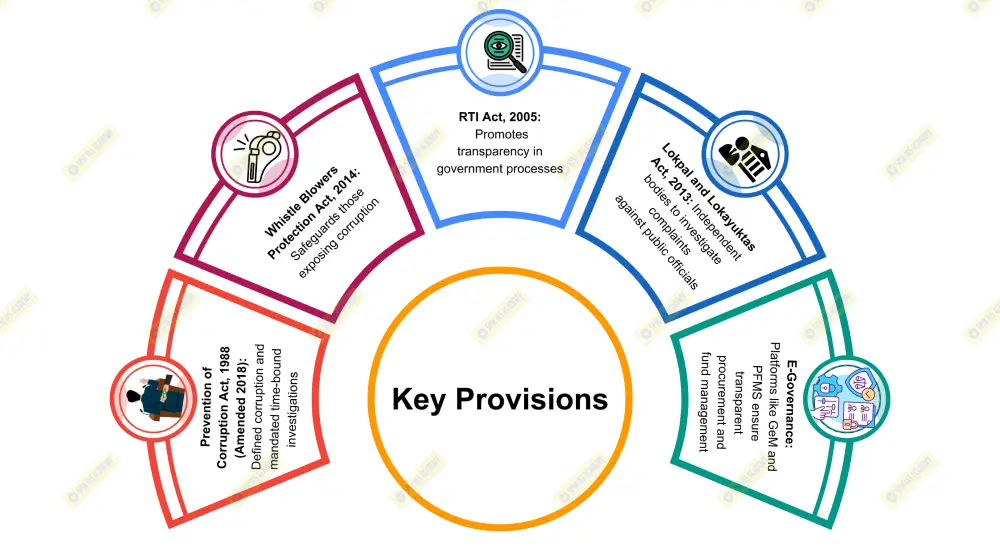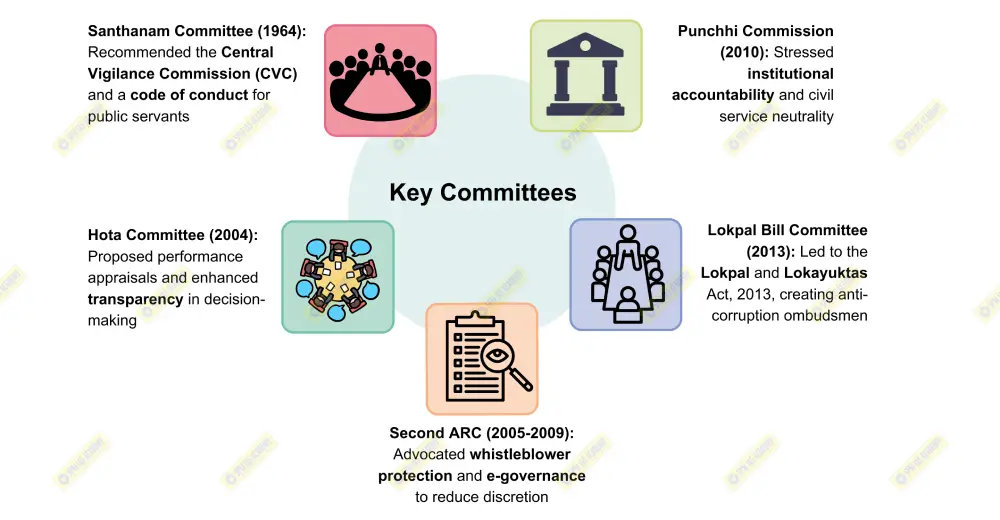Now, answer the following questions:
- What are the various ethical dilemmas you are currently facing?
- List out the various options available to you in dealing with the situation.
- What option will you finally exercise? Justify.
——————————————————————————————-
An activist files a petition in your office stating that there have been irregularities in choosing beneficiaries by your staff in office. You decide to initiate an enquiry and then come to know that the activist has taken money from your staff in office.The next day the activist again comes to your office with a petition to withdraw the previous petition. He argues that he received wrong information from the beneficiaries. You know that initiating an enquiry will damage the reputation of your office and also demoralize your office staff.
Stakeholders Involved
- Beneficiaries: Citizens who are directly impacted by beneficiary selection; they rely on the process being fair and transparent.
- Office Staff: Employees whose morale and credibility are at stake, especially if unfounded allegations tarnish their reputation.
- The Activist: A whistleblower whose motives are now questionable due to allegations of bribery and subsequent withdrawal of the petition.
- The Public: Society at large, whose trust in public institutions depends on ethical governance and fair processes.
- The Office: The institution itself, whose reputation and functioning are tied to handling allegations responsibly.
Ethical Dilemmas in the Situation

- Duty to Ensure Transparency vs. Reputational Damage: Investigating the allegations will uphold integrity but risks damaging the office’s public image.
- Justice vs. Staff Morale: Pursuing an enquiry may address irregularities but risks demoralizing honest staff.
- Trust in the Activist vs. Questionable Motive: The activist’s withdrawal and alleged bribery raise doubts about the authenticity of the claims.
- Public Perception vs. Internal Ethics: Ignoring the complaint may protect the office’s image temporarily but undermines accountability and transparency.
- Responsibility to the Public vs. Organizational Loyalty: The need to serve the public interest conflicts with maintaining loyalty toward staff who may feel unjustly targeted.
Options Available
1. Ignore the Petition: Accept the activist’s withdrawal and close the matter to avoid reputational damage.
○ Pros: Preserves the office’s image and avoids demoralizing staff.
○ Cons: Undermines accountability, fosters mistrust, and sets a precedent for ignoring allegations.
2. Initiate a Full-Fledged Enquiry: Proceed with a comprehensive investigation of beneficiary selection and the activist’s motives.
○Pros: Upholds transparency and ethical governance, addressing systemic issues.
○ Cons: Risks reputational damage and may demoralize staff if the allegations are unfounded.

3. Conduct a Preliminary Review: Launch a low-profile preliminary investigation to validate the claims before initiating a formal enquiry.
○ Pros: Balances accountability with protecting reputation, minimizes unnecessary disruption.
○ Cons: May be perceived as insufficient if issues are found.
4. Engage the Staff and Stakeholders: Conduct internal meetings to address concerns and re-evaluate the beneficiary selection process.
○ Pros: Encourages collaboration and restores staff morale while ensuring fairness.
○ Cons: May delay resolution and avoid addressing deeper issues.
5. Report the Activist’s Bribe Incident: Lodge a separate complaint regarding the activist’s actions to address corruption and protect the office’s integrity.
○ Pros: Addresses unethical behavior and upholds public trust.
○ Cons: Diverts focus from the primary issue of beneficiary selection.
Final Option and Justification
I would choose Option 3: Conduct a Preliminary Review while maintaining a focus on transparency and fairness.

Reasoning:
- A preliminary review ensures that claims are assessed objectively without prematurely escalating the issue.
- It balances integrity, public trust, and staff morale by addressing concerns in a measured manner.
- If irregularities are found, a formal enquiry can be initiated with concrete evidence, ensuring justice.
Implementation:
- Assemble an impartial team to review beneficiary selection and validate the allegations.
- Document findings transparently while maintaining confidentiality.
- Address the activist’s alleged bribery separately to reinforce a zero-tolerance policy on unethical behavior.
This approach upholds ethical governance by ensuring transparency and addressing concerns systematically while minimizing reputational risks. It also reinforces the principles of justice, fairness, and accountability, ensuring that public trust in the institution remains intact.











